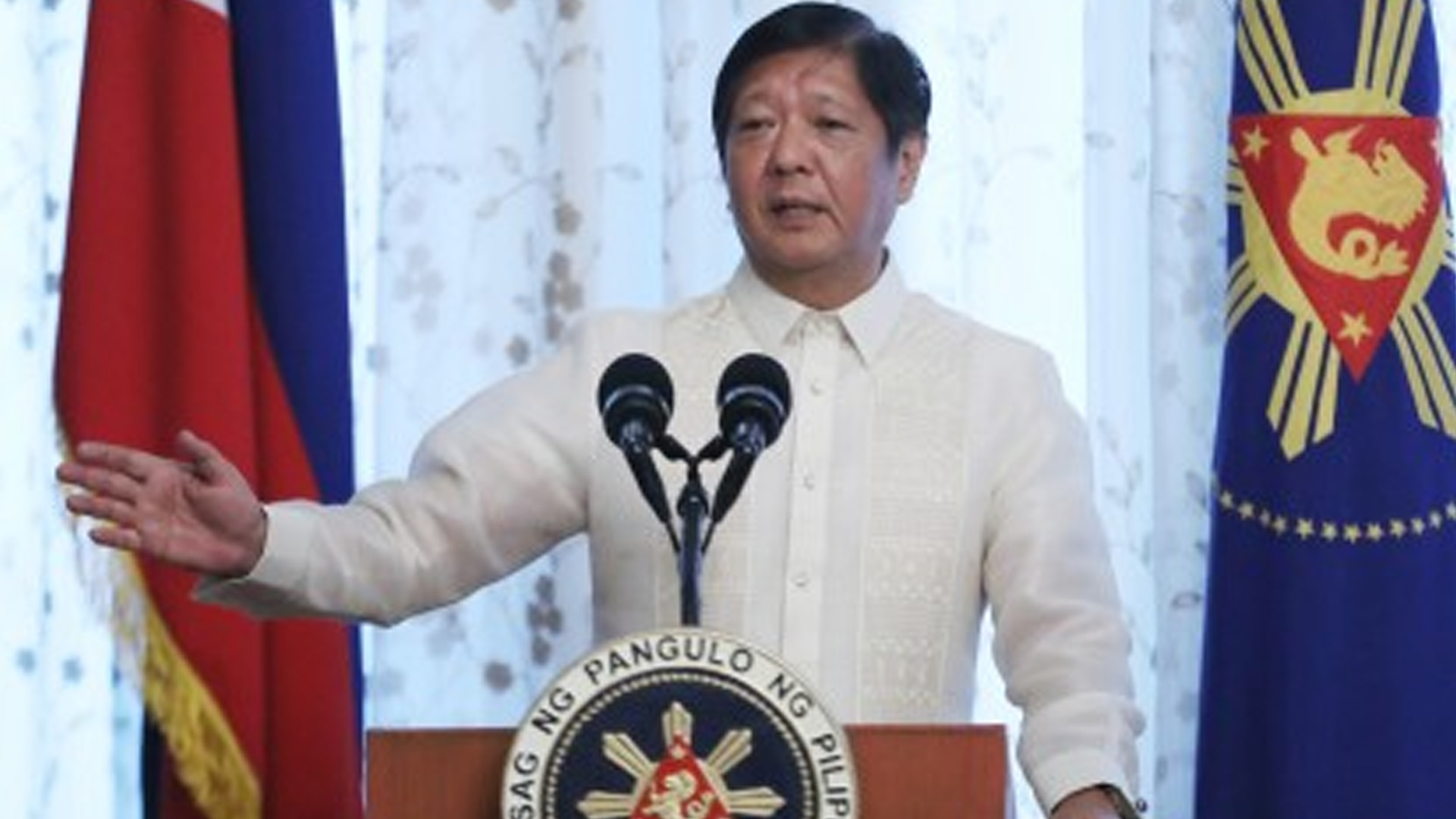President Ferdinand R. Marcos Jr. has signed a law institutionalizing the transition to e-governance to foster a digitally empowered and integrated government through a regulated, secure, and robust information and communications technology (ICT).
Republic Act (RA) 12254, inked by Marcos on Sept. 5, applies to all executive, legislative, judicial, and constitutional offices, including local government units (LGUs), state universities and colleges (SUCs), government-owned or -controlled corporations (GOCCs).
The new law also covers government instrumentalities located in the Philippines and abroad, which provide services covering business- and non-business-related transactions.
RA 12254 encompasses back-end operations within and between government agencies, including data sharing and coordination for policy-making, planning, and decision-making, as well as other inter-agency functions.
“Nothing in this Act shall be construed to derogate from the fiscal and administrative autonomy and independence of government entities,” the law read.
The Department of Information and Communications Technology (DICT), designated as the lead implementing body and administrator of RA 12254, is mandated to ensure that all ICT projects in the Philippines will be done in accordance with the National ICT Development Agenda and E-Government Master Plan, as provided under RA 10844 or the Department of Information and Communications Technology Act of 2015.
The law directs DICT to ensure that all ICT projects in the Philippines, whether national or local, are harmonized with the overall ICT plans and in compliance with applicable standards.
Within a year of RA 12254’s implementation, the government will establish a unified E-Governance Project Management Office (EGov UPMO) to oversee portfolio, program, and project management across agencies.
The EGov UPMO is tasked to ensure effective handling of ICT projects in line with international best practices and standards.
Under RA 12254, the DICT will formulate and promote an E-Government Master Plan (EGMP) or its equivalent that will serve as a blueprint for the development and enhancement of all electronic government service processes and workforce to achieve digital transformation in the bureaucracy, taking into consideration the Philippine Development Plan.
The DICT, in coordination with relevant government agencies, will also develop E-Government Programs (EGPs) that will be regularly updated in consultation with stakeholders.
EGPs include the Citizen Frontline Delivery Services Platform; Electronic Local Government Unit (eLGU) System; Government Digital Payment Systems; Government Public Key Infrastructure Program; Online Public Service Portal; and Philippine Digital Health System.
The DICT will conduct a mandatory Privacy Impact Assessment, according to relevant National Privacy Commission guidelines, on the proposed systems for processing personal data included in the EGMP before its publication, to identify privacy risks and establish the appropriate control framework in line with existing data privacy and cybersecurity standards.
The DICT will also prescribe and implement minimum information security standard for E-Government, aligned with internationally accepted standards, relevant laws, rules, and regulations, including its own policies, to ensure the security of all ICT systems.
The DICT, in coordination with relevant government agencies and stakeholders, will issue guidelines for the protection of the government’s critical information infrastructure identified in the EGMP.
Subject to compliance with existing laws, rules, and regulations, the free public Internet access program will utilize the Free Public Internet Access Fund (FPIAF) to provide necessary computer systems, programs, databases, management and information systems, and core transmission and distribution networks to facilitate knowledge-building among citizens.
National government agencies, offices, instrumentalities, including local governments, are mandated to consistently enhance their existing websites and establish an e-Bulletin Board for efficient information dissemination.
“All resources, information, or data stored in or transmitted through the government information systems and all networks interconnected to and interoperable with it, the portals, and websites shall be kept secure and free from interference or unauthorized access that can hamper or otherwise compromise the confidentiality, integrity, and availability of the ICT assets,” the law read.
According to RA 12254, national and local governments are not prohibited from entering into contracts, agreements, or partnerships with the private sector to provide various resources, assets, and services.
Any and all contracts or agreements with the private sector within the context of the law will be subject to the laws and rules on public accountability, transparency, and good governance.
“To ensure inclusivity, public telecommunications entities (PTEs) and non-PTE internet service providers (ISPs) shall be allowed to enter into contracts with government agencies at the national and local levels to build and operate networks to provide internet connections in support of E-Government Programs, especially in the underserved and unserved areas,” RA 12254 said.
The DICT is instructed to reorganize and restructure its ICT Literacy and Competency Development Bureau, to develop rules and policies for the operations of the ICT Academy for E-Governance.
RA 12254, made public on Thursday, takes effect 15 days after its publication in the Official Gazette or in a newspaper of general circulation. (PNA)







